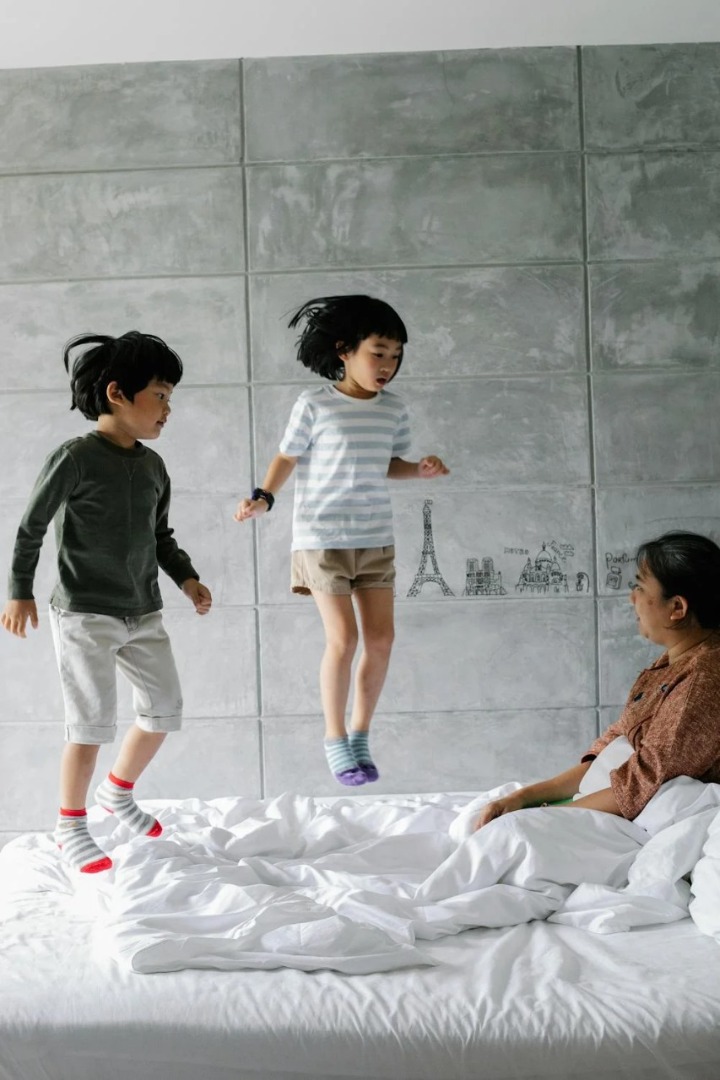
“The apple doesn’t fall far from the tree.”
We tend to use this phrase when we talk about how similar a child is to their parents, when we notice repeated behaviors, patterns, and choices that pass across generations. The logic is simple: children mirror their parents’ actions and are wired to follow the examples they set.
Think about it. Our kids learn everything about life from us: how to crawl, walk, eat, sleep, talk—and eventually how to interact with other human beings and make their way through the world.
The pressure to set a good example or be a good role model can weigh heavily on you as a parent. That’s doubly true if you had issues or challenges (and who didn’t?) in your own childhood. Everyone faces roadblocks that stem directly from their childhood experiences. And whether or not we’re willing to admit it, our own upbringing directly affects how we raise our children.







